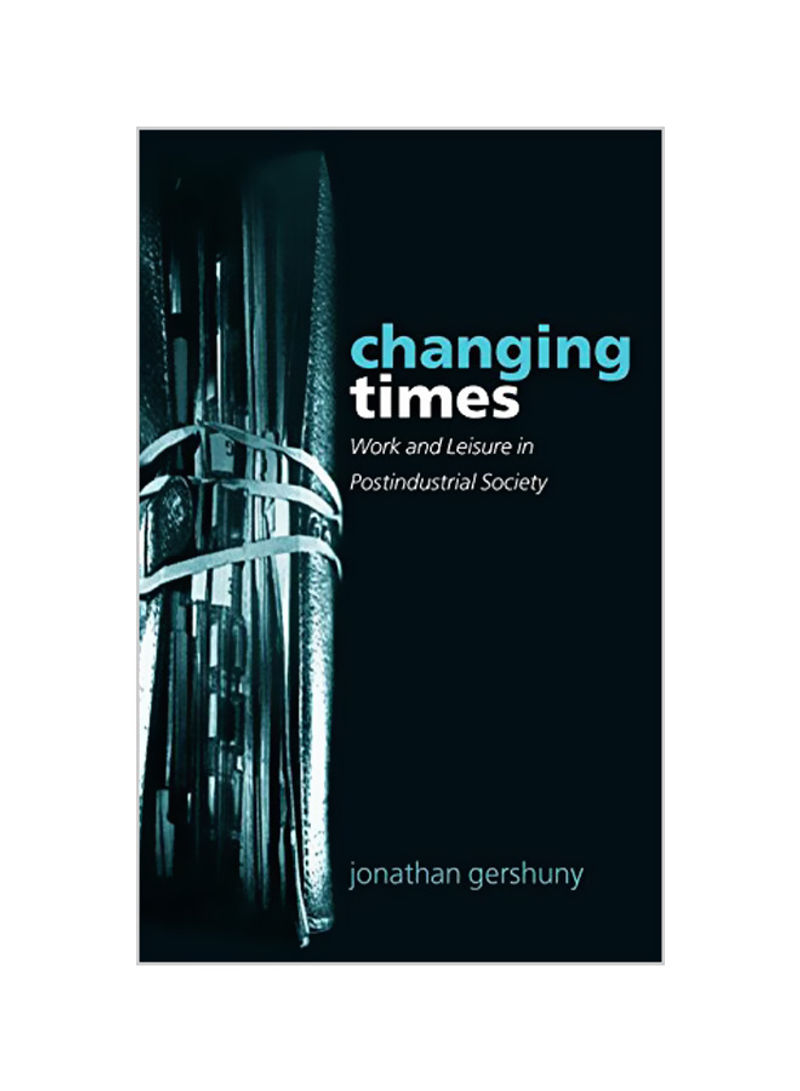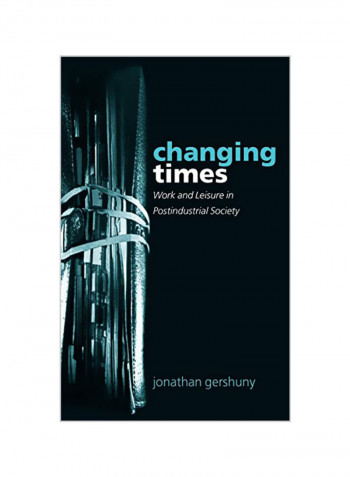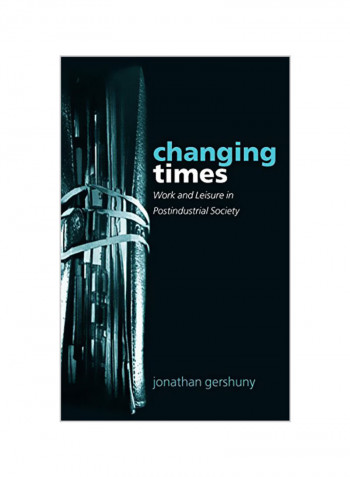Changing Times: Work and Leisure in Postindustrial Society Hardcover
Recommend
Sort by
Rating
Date
Specifications
Author 1
Jonathan Gershuny
Book Description
Time allocation, whether considered at the level of the individual or of the society, is a major focus of public concern. Are our lives more congested with work than they used to be? Is society polarizing into groups which, on one side, have too much work and too little leisure time to spend their money in, and on the other have no paid work, and hence no money to pay for the goods and services they might wish to use during their leisure? Has the recent convergence in men's and women's labour market roles led to an unfair distribution of the totals of paid plus unpaid work? These issues, and others similar, once the preserve of a few specialist sociologists and economists, now appear daily and prominently across the news and entertainment media. Yet there is surprisingly little substantive evidence of how individuals and societies spend their time, and of how this has changed in the developed world over the recent past. This book brings together, for the first time, data gathered in some forty national scale 'time-diary' studies, from twenty countries, and covering the last third of the twentieth century. It examines the newly emerging political economy of time, in the light of new estimates of how time is actually spent, and of how this has changed, in the developed world.
Language
English
Publisher
Oxford University Press, USA
Number of Pages
312
About the Author
Jonathan Gershuny is a professor of Economic Sociology at Essex University. He is the Director of the university's Institute for Social and Economic Research, and responsible, among other longitudinal data-sets, for the British Household Panel Study. He was previously a Fellow of Nuffield College, Oxford, and the Head of the School of Social Sciences of Bath University.
Editorial Review
The book is entirely accessible to the general reader and many of the key ideas are graphically illustrated. * Annals of Leisure Research * The book will be valued particularly for its careful explanations of how time budget data can be analysed so as to make comparisons between countries and reveal trends over time. * Sociology * The most comprehensive and accessibly written account of how people use time across European and North American countries ... this book must be read by anyone with specialized interest in time use and socio-economic organization. The book has a wide application. It is well crafted, tackling difficult and contentious, yet crucial, debates in contemporary society with clarity and precision. Regardless of whether you agree with its prognosis, analysis and theoretical reasoning, this is a thought provoking critique of socio-economic and temporal organization. * British Journal of Sociology * Provides one of the most valuable international and longitudinal analyses of time use patterns since Szalai's seminal study of 1972. * European Sociological Review*



